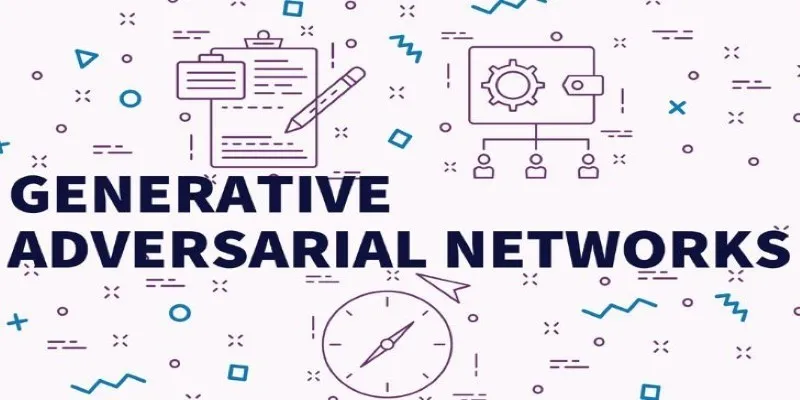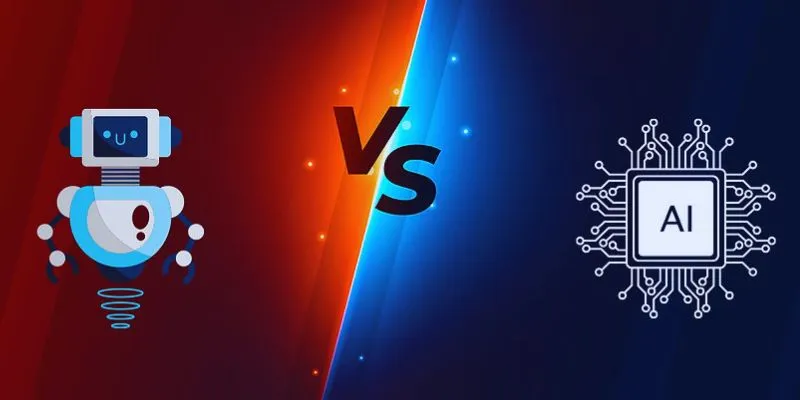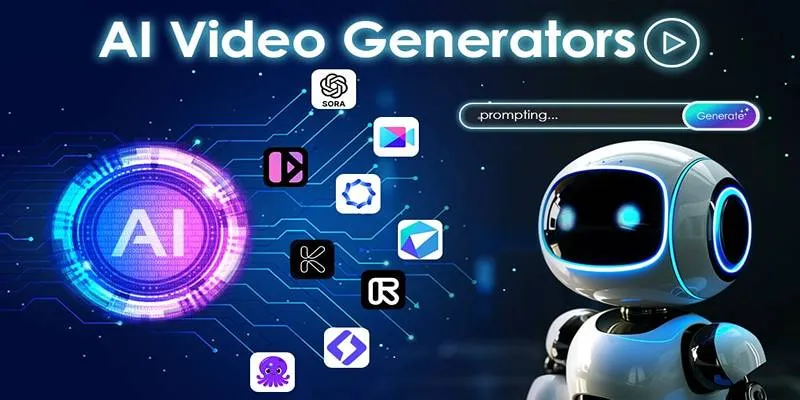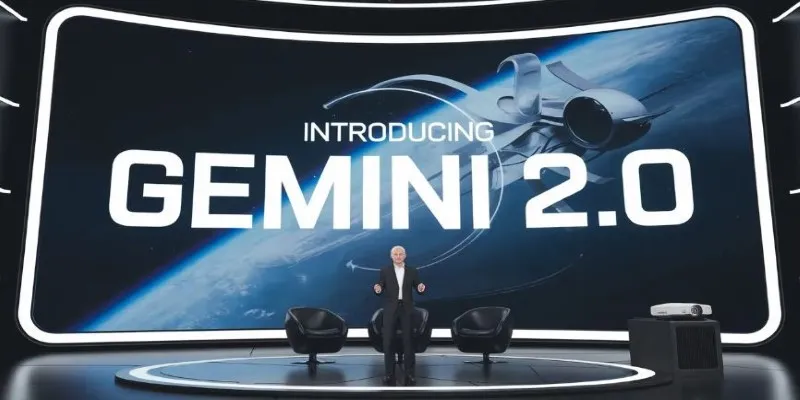Generative artificial intelligence (AI) is more than just a technology; it’s a revolution that brings creativity, speed, and precision to the marketing world. Leveraging advanced machine learning and large language models, generative AI can produce high-quality content, analyze extensive datasets, and enhance real-time campaigns. This evolution enables businesses to streamline their marketing processes, focusing on speed, adaptability, and success.
With AI-powered marketing, teams achieve more with less effort. By reducing manual tasks and accelerating production, marketers can concentrate on strategy, innovation, and experimentation. This shift is crucial for companies aiming to stay ahead in the rapidly changing digital landscape. As AI techniques continue to evolve, the line between creativity and analytics blurs, paving the way for mass customization and marketing precision.

Why Traditional Advertising Isn’t Enough
Today’s consumers demand fast, specific, and relevant communication from companies, a challenge for traditional marketing strategies. Legacy systems often struggle with the data and complexity required for real-time customization. Enter creative AI, which bridges the gap between broad and personalized messaging while maintaining operational efficiency. Marketers no longer need to manually tailor messages for each individual or group. AI analyzes vast consumer data, identifies behavioral trends, and crafts customized experiences.
AI-Driven Scalable Content Creation
Content creation is a major application of generative AI in enterprise marketing. Tools like Jasper, ChatGPT, and Copy.ai enable teams to swiftly create blogs, social media posts, advertisements, and email campaigns that align with the brand’s tone and community needs. These technologies draw from real-world data, competitive analysis, and millions of examples to produce content that is technically accurate, engaging, and conversion-focused.
Automating production allows teams to generate more content without sacrificing quality. AI ensures brand consistency across all media, whether crafting long-form educational articles or catchy advertisements. In rapidly evolving digital environments, generative AI helps companies remain visible, relevant, and essential.
Improve Outcomes with Real-Time Adjustments
Generative AI excels in creating and optimizing content in real time. By analyzing open rates, bounce rates, clicks, and revenue data, AI identifies effective website elements and suggests improvements to titles, tone, structure, and images with minimal human intervention.
This continuous feedback loop empowers marketers to make data-driven decisions and swiftly adjust campaigns. AI facilitates experimentation and real-time modifications, eliminating the need to run static ads and wait for insights. Dynamic content keeps user interest high and boosts ROI by adapting to user behavior.
Hyper-Personalization at Scale
Personalization is a top marketing strategy, and generative AI elevates it to new heights. AI systems utilize user data to deliver personalized messages based on purchase history, online behavior, location, and social media activity. This enables marketers to create memorable experiences with customized email subject lines, product recommendations, and targeted advertisements.
Instacart exemplifies this approach by using AI to recommend products and offers based on shopper preferences, enhancing user satisfaction and loyalty. AI-driven personalization provides a comprehensive understanding of consumers, increasing conversion rates, repeat purchases, and long-term value without overwhelming marketing teams.
Revolutionizing Creative Advertisements
Generative AI significantly accelerates the creative process for ads. Marketers can transform text into captivating images, graphics, and videos using tools like DALL·E, Midjourney, and Runway ML. This streamlines testing new ideas and reduces ad production time and costs.
AI can generate ad copy tailored for various audiences or channels, ideal for A/B testing. Marketers can experiment with different headlines, calls to action, and visual styles to determine the most effective approach for each target group. Performance data empowers teams to enhance their creative assets and invest in the most successful ones.
Planning for the Future with Predictive Insights
Generative AI is invaluable for predictive analytics. It leverages CRM, online exchange, social media, and shopping habits data to forecast trends and future events. Marketers can then make informed decisions on budget allocation, product planning, and advertising timing.
These insights help companies anticipate customer needs and deliver solutions before requests arise. AI can alert marketers to potential client departures or emerging trends, allowing them to stay ahead of competitors. Predictive data enables companies to make strategic decisions that foster growth and customer retention.
Visual Storytelling Made Easy
AI simplifies the creation of professional-quality visuals, maintaining brand engagement. Tools like Synthesia allow teams to produce videos with AI- generated characters and voiceovers from simple scripts. Other platforms create unique graphics, animations, and slideshows, enabling businesses to craft compelling stories.
Generative AI ensures these visuals align with the brand’s style and standards, a challenging feat when managing campaigns across various media. By reducing production tasks, teams can focus more on messaging and narrative strategy. High-quality visuals combined with AI adaptability distinguish brands in crowded feeds.

Multilingual AI for Cultural Understanding
Language and cultural barriers complicate international client acquisition for global businesses. Generative AI, with its advanced translation and language capabilities, addresses this challenge. Tools like GPT-3 and DeepL translate marketing content into multiple languages while preserving tone, intent, and cultural significance, ensuring messages resonate across diverse regions.
This capability allows brands to expand globally without hiring extensive language teams. Companies can swiftly develop multilingual ads, websites, and event materials for varied audiences, enhancing accessibility and global engagement.
Conclusion
As generative AI continues to advance, its role in marketing will only grow. Real-time ad adjustments, intelligent automation, emotional messaging, and innovative brand boosters are all within reach. Businesses should view AI as a long-term partner in creativity, speed, and innovation. Investing in creative AI will pay dividends, enabling rapid adaptation, superior customer service, and brand distinction in a crowded digital space. Success in marketing will belong to those who seamlessly integrate data, storytelling, and technology with emotion, a feat achievable with generative AI.
 zfn9
zfn9























